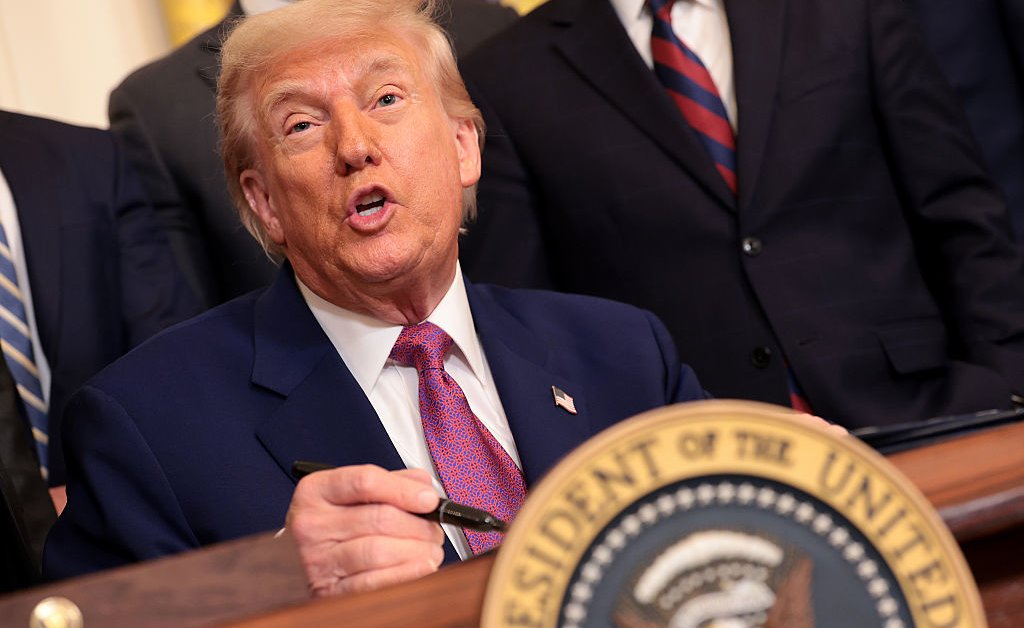President Donald Trump expressed his intention to intensify efforts in detaining and deporting illegal aliens in major U.S. cities like Los Angeles, Chicago, and New York, which he identified as Democratic strongholds where illegal immigrants are allegedly used to bolster the party’s voter base and welfare state. Trump emphasized his directive to mobilize all available resources to combat what he termed as “Mass Destruction Migration.” These remarks came in the wake of nationwide “No Kings” protests decrying what protesters perceive as authoritarian actions by the President, culminating in demonstrations in Washington D.C. alongside a military parade organized by Trump.
Trump’s stance on deportation has sparked internal divisions within his administration, with conflicting views on the impact of immigration enforcement on various sectors. While concerns were raised about the negative repercussions on industries like farming and hospitality due to the loss of skilled workers, ICE temporarily suspended work site enforcement investigations in certain sectors. The administration’s response to immigration enforcement has drawn contrasting perspectives, as highlighted by a call between Trump and Secretary of Agriculture Brooke Rollins, reflecting tensions between accommodating industry needs and advocating for a hardline approach to immigration.
The contentious issue of ICE raids in Los Angeles led to significant protests, prompting Trump to deploy thousands of National Guards and Marines against the objections of state officials. The evolving dynamics within the Trump Administration regarding immigration enforcement underscore the complexities and divergent viewpoints shaping the approach to addressing illegal immigration and its implications on various sectors of the economy.

